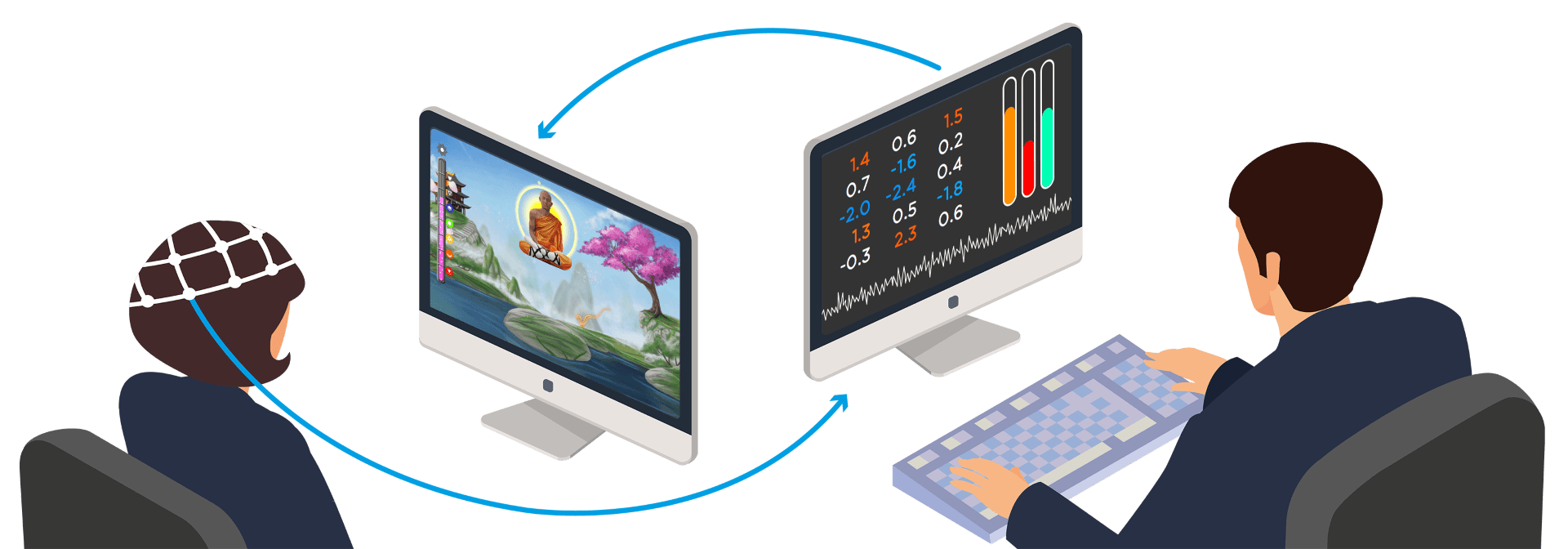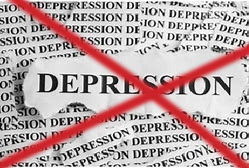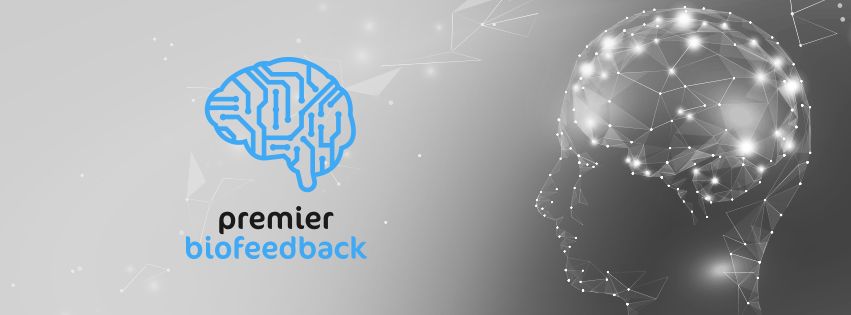
Depression disorders are among the most common types of mental disorders across the globe, and their prevalence are increasing each year.
Depression is a mood disorder that causes a persistent feeling of sadness and loss of interest, and can vary from milder to severe symptoms. There are many types of depressions such as Major Depressive Disorder/Clinical Depression, Bipolar Disorder, Seasonal Affective Disorder (SAD), Postpartum Depression, Premenstrual Dysphoric Disorder etc. In general, a depressive disorder affects how you feel, think, and behave and can lead to a variety of emotional and physical problems. You may have trouble doing normal day-to-day activities, and sometimes you may even feel as if life is not worth living.
While some people describe depression as “living in a black hole” or having a feeling of impending doom, others feel lifeless, empty, and apathetic.
According to the World Health Organization, depression is the leading cause of disability worldwide. Globally, more than 300 million people of all ages suffer from the disorder, and the incidence of the disorder is increasing everywhere.
10 common symptoms of depression:
- Feelings of helplessness and hopelessness - nothing will ever get better and there is nothing you can do to improve your situation.
- Loss of interest in daily activities – lost ability to feel joy and pleasure.
- Appetite or weight changes – significant weight loss or weight gain.
- Sleep changes – e.g., insomnia, waking in the early hours of the morning, or oversleeping.
- Anger or irritability – feeling agitated, restless, low tolerance level, short temper.
- Loss of energy – feeling fatigued, sluggish, and physically drained.
- Self-loathing – strong feelings of worthlessness or guilt.
- Reckless behaviour – reckless driving, or dangerous sports.
- Concentration problems- trouble focusing, making decisions, or remembering things.
- Unexplained aches and pains – headaches, back pain, aching muscles, and stomach pain.
Neurofeedback for Depression
Whilst medication can provide short-term relief by adjusting the chemicals in the brain, Neurofeedback is a natural and non-invasive alternative that can offer permanent or long-term benefits. Neurofeedback is a treatment technique that helps to give individuals feedback on how their brain is functioning, and then use that information to improve how their brain/mind responds to various situations. As such, Neurofeedback is a form of ‘brain training’, where an individual is stimulated to reduce or enhance the activity of their brainwaves via visual and audio reinforcements on a computer.
Neurofeedback enhances your brain’s natural abilities to improve itself without any medications or direct brain stimulation. These interventions help stimulate the growth of new pathways in your brain, producing long-lasting benefits.

How It Works
During a treatment session, scalp sensors are placed on the patient’s head, and the patient’s brain waves are monitored through an electroencephalograph (EEG). Through these sensors, the patient’s brain activity can be seen as patterns on a computer screen. When the patient changes a certain brain activity, the sensors indicate that through a beep or tone. For further explanation about what Neurofeedback is and how it works, please see the link below:
Neurofeedback Explained (https://youtu.be/jqEJ53dwgNY)
Special Introductory Offer
For the month of June, we are offering 20% Off the Initial Neurofeedback Consultation & Treatment (£ 96, normally £ 120) with Elizabeth Demont. Included in this session (90 minutes) is a full history and assessment, advice and your first Neurofeedback session.

To make an Appointment, please Click Here.

